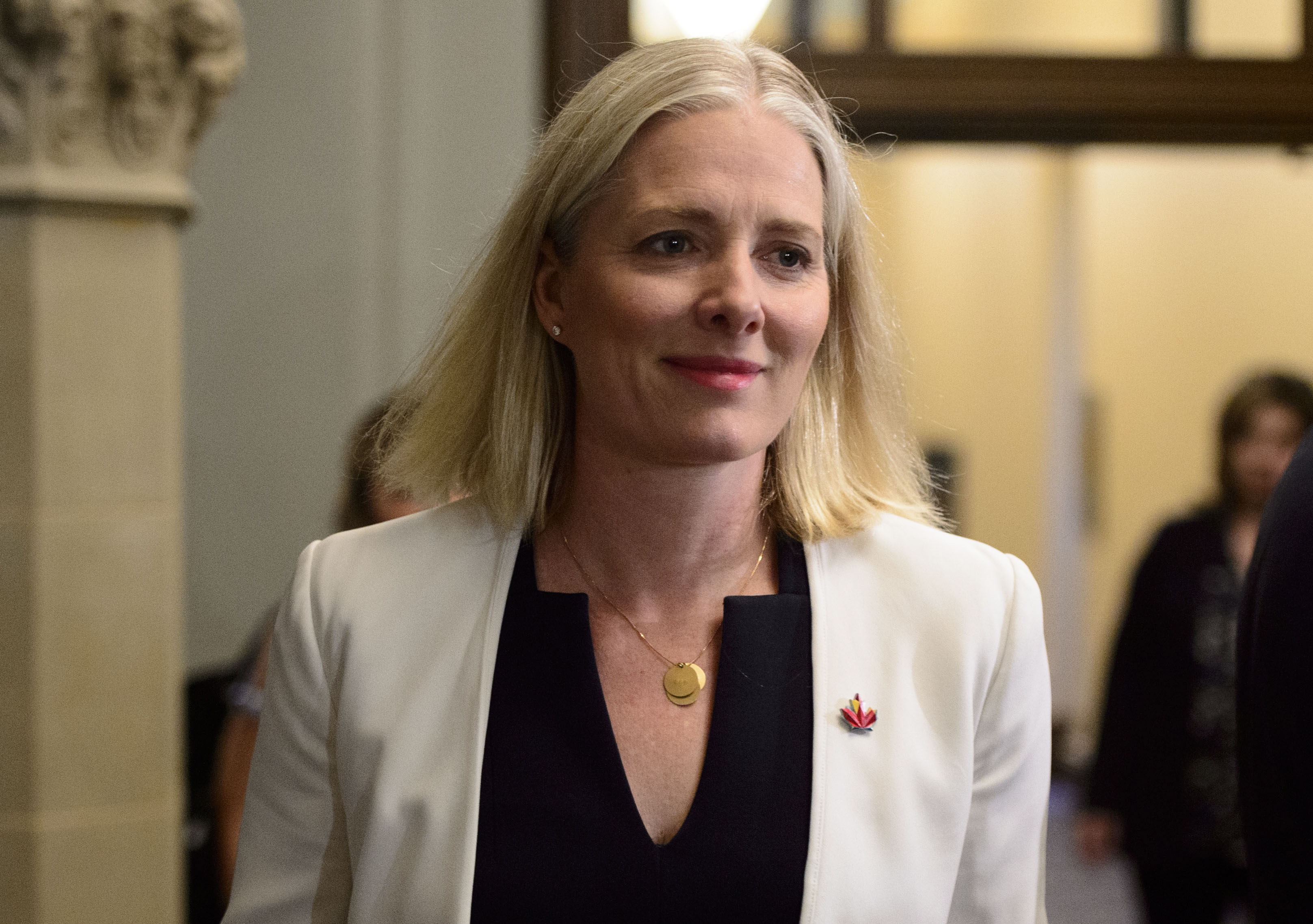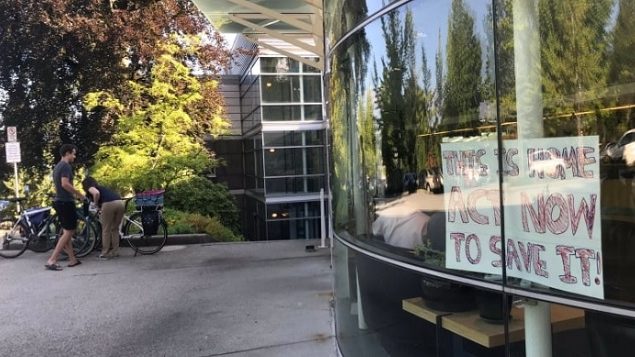The districts of North Vancouver and West Vancouver have declared climate emergencies adding to the list of municipal governments in the province of British Columbia and the rest of Canada that have done the same.
This kind of action originated in Australia in 2016 and sprang from the idea that local governments are more nimble and able to take quick action to reduce carbon emissions in their jurisdictions.

Federal Minister of Environment and Climate Change Catherine McKenna has had a difficult time trying to balance action to reduce greenhouse gas emissions with the interests of Canada’s powerful oil and gas industry. (Sean Kilpatrick/The Canadian Press/June 18, 2019)
Higher levels of government deemed not as nimble
In Canada, the federal government vowed to impose a carbon tax on any province which did not create its own plan to reduce greenhouse gas emissions. Several provinces are fighting the move arguing the federal government is intruding on their jurisdiction. In two court cases, judges have rejected their argument, but there will be appeals and the issue will be hotly contested in the election campaign leading to a federal election.
Municipalities in the province of Quebec were the first to declare climate emergencies after a heat wave in the summer of 2018 claimed over 90 lives. Montreal and several other cities acted as did Ottawa, Kingston, Halifax. And in June 2019, the House of Commons passed a motion to declare a national climate emergency.
The declarations create a feeling of urgency but what remains to be seen is how that translates into action. Both West Vancouver and North Vancouver council asked their staff to come up with proposals for specific action to reduce emissions.
With files from CBC.







For reasons beyond our control, and for an undetermined period of time, our comment section is now closed. However, our social networks remain open to your contributions.